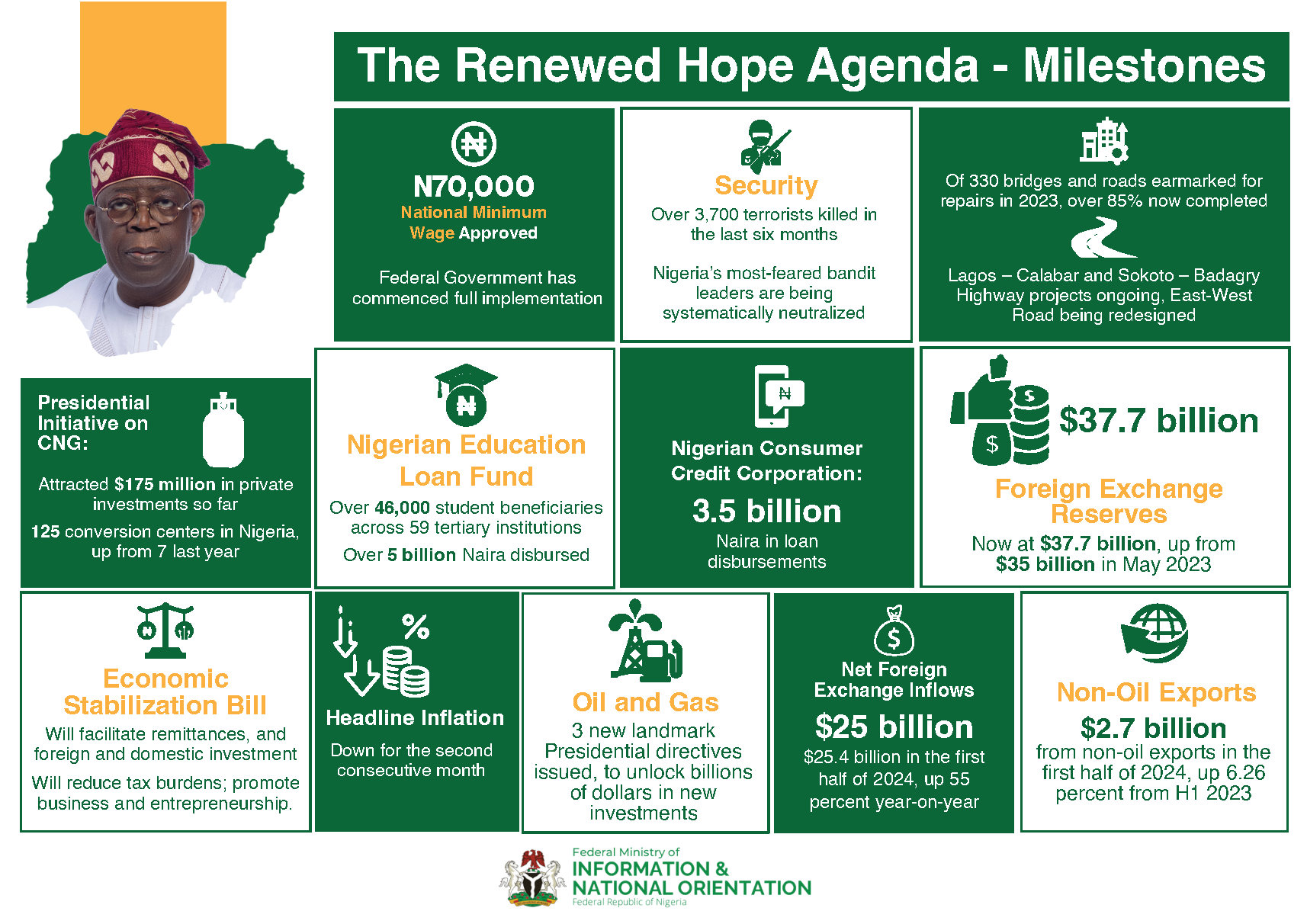Dr. Abejide Olusegun
A food giveaway in a Canadian city was announced to cater to 1,000 households for Christmas—a noble gesture intended to alleviate hunger and spread joy during the holiday season. However, something extraordinary happened. Instead of 1,000 families, an overwhelming 15,000 individuals showed up, braving hours in the cold rain in hopes of receiving food. In the end, only 2,000 were served, while the remaining 13,000 left empty-handed.
This scene of desperation was not from a poverty-stricken developing country; it was from Canada, a nation often idealized as a land of opportunity and abundance. It serves as a sobering reminder that hunger, need, and giving are universal. No region in the world is immune to food insecurity, economic inequality, or the challenges of meeting basic human needs.
In this distressing video, despite the long wait and unmet expectations for thousands, there was no chaos, no stampede, no fights, and thankfully, no loss of life. People maintained order, even in the face of profound disappointment. This serves as a poignant and humbling example of human dignity amidst adversity.
However, the stark reality of hunger and the unmet needs of thousands in one of the world’s most developed nations demands reflection, particularly for those in the Global South, including Nigeria. It’s easy for many Nigerians to look at developed countries like Canada or European nations and assume that such levels of desperation “don’t happen there.” The truth is, hunger is a global challenge, not just a Nigerian problem. What’s even more troubling is the tendency to blame every misfortune or shortcoming in Nigeria on the sitting government—in this case, President Tinubu—while ignoring the structural and systemic nature of global hunger.
*The Illusion of Western Utopia*
The notion that hunger or poverty is exclusive to developing countries is a dangerous misconception. Stories like the Canadian food giveaway illustrate that even countries with strong economies and robust social safety nets struggle to address food insecurity. The COVID-19 pandemic, inflation, global supply chain disruptions, and economic recessions have exacerbated these issues worldwide.
In Europe, for example, food banks have reported record numbers of people seeking help, with some families forced to choose between paying for heating or groceries during the winter. In the United States, millions rely on food assistance programs like food stamps to feed their families. And now, even Canada—a nation widely regarded as a symbol of prosperity—is showing signs of cracks in its social fabric.
The lesson here is clear: hunger does not respect borders or economic status. It is a universal issue that demands universal solutions. This reality, however, should not be a source of despair. Instead, it should motivate us—particularly in Africa—to take ownership of our food security and find sustainable ways to combat hunger at home.
*Nigeria’s Reality: A Better Situation Than It Seems?*
Despite its challenges, Nigeria’s current food situation may, in some respects, be better than that of certain Western nations. This statement is not meant to sugarcoat the harsh realities faced by millions of Nigerians, but rather to emphasize that there are unique opportunities in Africa that, if leveraged correctly, can help mitigate the issue of hunger.
Nigeria, with its vast arable land, favorable climate, and large workforce, has the potential to achieve food sufficiency. However, reliance on imported food, urban migration, poor agricultural policies, and insecurity have hindered progress. These are not insurmountable challenges; they require a shift in mindset, strategy, and action.
Many Nigerians, particularly the youth, have abandoned agriculture in favor of white-collar jobs or urban lifestyles, even when opportunities in those sectors are scarce. The allure of city life, with its expensive lifestyles and promises of better prospects, has drawn people away from rural areas, leaving farms abandoned and villages empty. Meanwhile, cities are overflowing with unemployed individuals who are struggling to meet their basic needs.
Instead of constantly blaming the government or waiting for divine intervention, Nigerians must take bold, collective action to reclaim their destinies. The most practical and immediate solution is to return to farming—reviving the agricultural way of life that sustained our ancestors for generations.
*A Call to Action: Back to the Farm*
The best way to address Nigeria’s food insecurity and economic challenges is to return to the farm, literally. In the 1960s to 1980s, rural communities were the backbone of Nigeria’s economy. Families worked their lands, grew their food, and supported one another. Hunger was rare, and social cohesion was strong. Returning to this way of life offers a sustainable solution to many of Nigeria’s modern problems.
*Reclaiming the Villages*
Urban migration has emptied Nigeria’s villages, leaving vast swathes of arable land unused. By moving back to the villages and repopulating rural areas, Nigerians can reclaim these lands for farming. A vibrant rural community not only produces food but also strengthens social ties and reduces crime, as people are more likely to cooperate to protect their shared resources.
*Farming as a Family Legacy*
Farming should no longer be viewed as a last resort or an occupation for the uneducated. It is a vital and noble profession that can provide both sustenance and financial stability. Families should collaborate to cultivate their lands, create small-scale agribusinesses, and pass agricultural knowledge down to future generations.
*Collective Security Against Insecurity*
One of the major barriers to farming today is insecurity, particularly from bandits and cattle herders who destroy crops and harm farmers. A significant return to rural communities can serve as a deterrent to such attacks. Unified rural populations can organize to protect their lands, crops, and livelihoods, creating a safer environment for agriculture to thrive.
*Reducing Dependence on Imports*
Nigeria spends billions of naira annually on food imports, even for items that can be produced locally, such as rice, beans, and palm oil. By returning to farming, Nigerians can reduce this dependence, save foreign exchange, and stimulate the local economy. Local production also ensures that food is fresher, healthier, and more affordable.
*Leveraging Modern Technology*
Farming in the 21st century does not have to be primitive or labor-intensive. With advancements in agricultural technology, Nigerians can increase yields, reduce waste, and make farming more efficient. Governments and private organizations should invest in providing farmers with access to tools, seeds, fertilizers, and training.
*Breaking the Chains of Dependence*
One of the most harmful mindsets in Nigeria today is the culture of dependence—on the government, churches, and external aid. Too many Nigerians look to the government for solutions to problems that can and should be solved at the community level. Similarly, the belief in miraculous solutions, such as manna from heaven, has led many to waste valuable time and resources chasing divine intervention instead of taking practical steps to improve their lives.
The story of Moses and the Israelites receiving manna in the wilderness is often cited as an example of divine providence. However, it is time to view such stories as allegories rather than literal events. Manna will not fall from heaven in modern Nigeria. The responsibility for creating a better life lies squarely in the hands of the people.
Churches and religious institutions should encourage their congregants to take action rather than passively wait for miracles. Faith without works is dead, and no amount of prayer will replace the need for hard work, planning, and perseverance.
*Learning from the Past to Build the Future*
In the days of yore, Nigeria thrived on agriculture and self-reliance. Families worked together, communities were self-sustaining, and food was plentiful. This was before the lure of oil wealth and the rapid urbanization that followed. Returning to these roots does not mean abandoning progress but rather rediscovering the values and practices that once made Nigeria strong.
The challenges of modern life, including inflation, unemployment, and insecurity, are daunting. But they are not insurmountable. By adopting a back-to-the-farm approach, Nigerians can reclaim their dignity, independence, and prosperity. It requires boldness, determination, and a willingness to let go of ego and false pride. Farming is not a step backward; it is a leap forward toward sustainability and resilience.
*A Shared Responsibility*
Hunger, as seen in the Canadian food giveaway, is a universal challenge. The difference lies in how societies respond to it. While governments have a role to play, the ultimate responsibility for eradicating hunger lies with individuals and communities. It is a shared responsibility that requires collective effort and a shift in mindset.
Nigerians must stop looking to others for salvation and start building their future with their own hands. The journey back to the farm is not just about growing food; it is about growing hope, unity, and strength. It is about controlling our destiny and ensuring that no one goes hungry, whether in Nigeria, Canada, or anywhere else in the world.
*Conclusion*
The Canadian food giveaway is a sobering reminder that hunger knows no borders. It is a universal issue that demands universal solutions. For Nigeria, the answer lies not in blaming the government or waiting for divine intervention but in taking bold, practical steps to address the root causes of food insecurity.
Returning to farming is the most effective way to achieve food sufficiency, reduce poverty, and create a more sustainable future. It requires a collective effort, a shift in mindset, and the courage to embrace a simpler, more self-reliant way of life.
The time for action is now. Let us stop lamenting and start planting. Let us turn our empty fields into thriving farms, our idle hands into productive workers, and our dreams of abundance into reality. The solutions to our challenges are within our reach—if only we have the boldness to seize them.
Dear readers, we really need your support to keep on serving you with authoritative, truthful, and juicy stories everyday. For your support, please reach out to the editor @gavelinternational66@gmail.com


